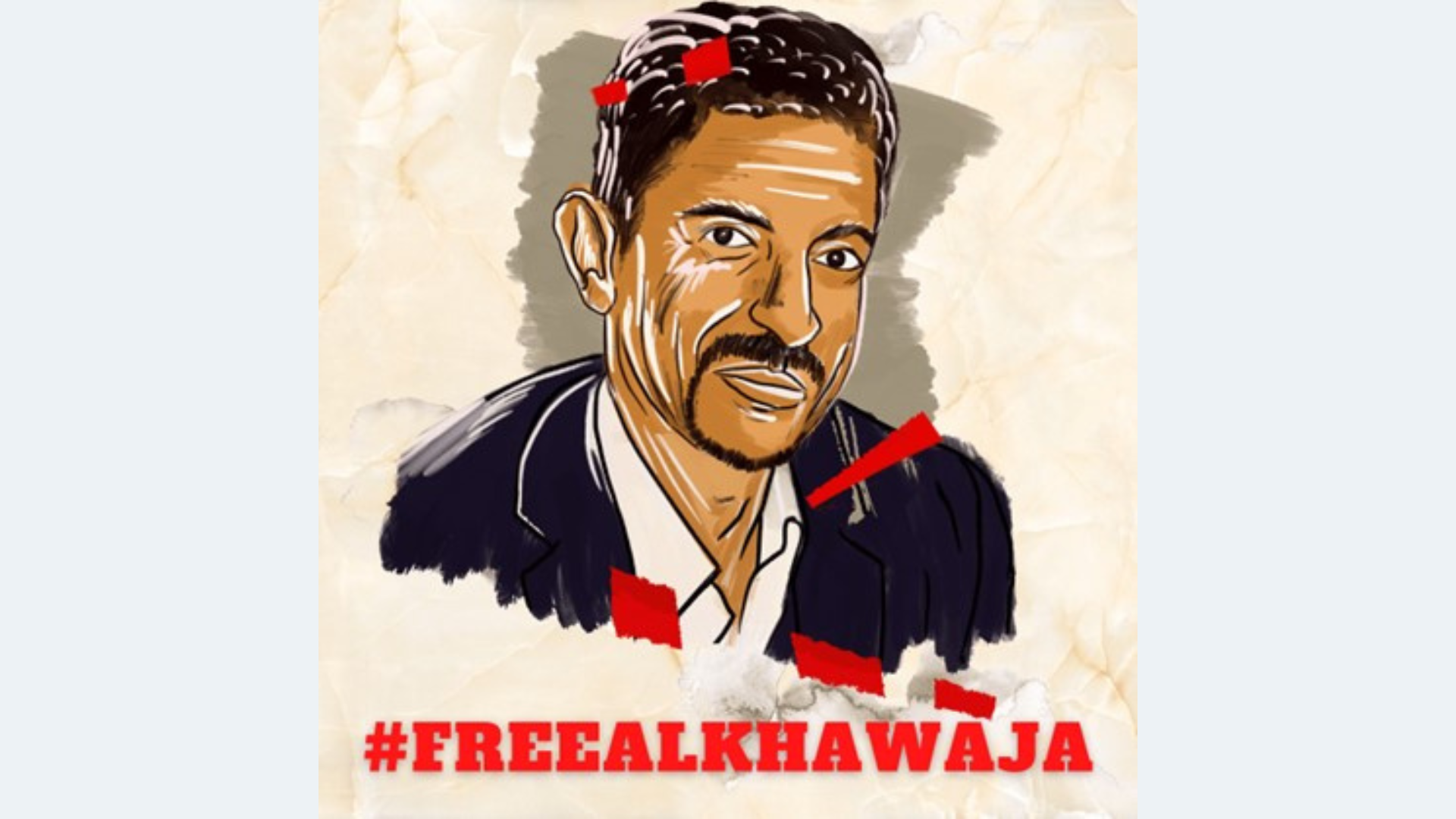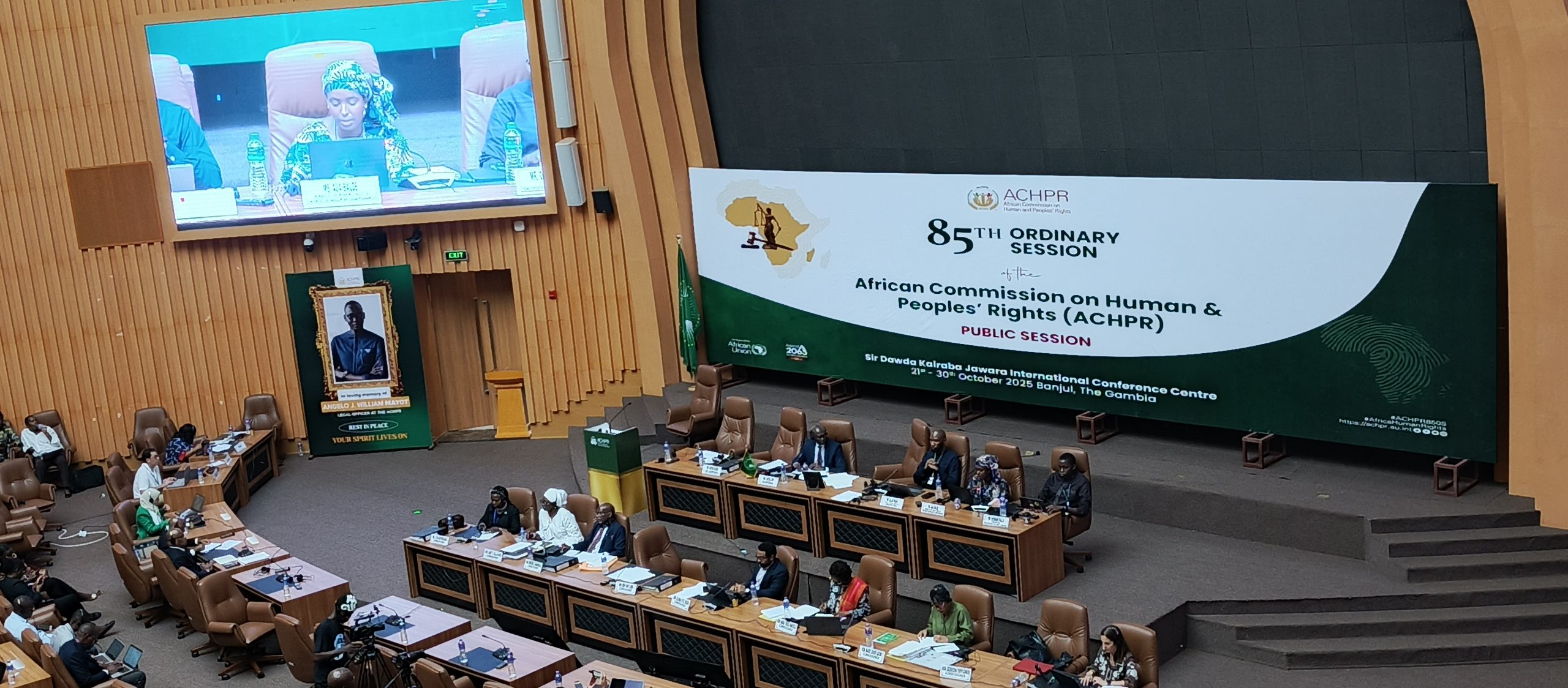
States must ensure adequate resources for Human Rights Council to fulfill its mandate
ISHR delivered a statement during the organisational meeting of the UN Human Rights Council on 8 December 2025. Read the full statement below.
A damning new report shows that three years since a protection law was created in Mexico, there has been no improvement in the protection of activists and journalists.
A damning new report shows that three years since a protection law was created in Mexico, there has been no improvement in the protection of activists and journalists.
The 130-page analysis, published by a coalition of more than 20 human rights organisations (the Espacio OSC), highlights the many flaws in implementation of the Mexican Federal Protection Mechanism for Human Rights Defenders and Journalists.[1] The report also demands urgent action by the Mexican State to improve the security of defenders and journalists.
The following problems with current implementation of the protection law are cited in the report:
Mexico should take urgent action to pursue the proper and effective implementation of the law, the report says, including by:
ISHR’s Ben Leather says this is not the first time the failed implementation of the protection law has been heavily criticised.
‘The report is damning, but sadly, not surprising,’ said Mr Leather. ‘It is apparent that implementing this important law has not been a priority for the Peña Nieto government thus far. That must change.
‘Human rights defenders and journalists play a crucial role in upholding a functioning democratic society and it is the State’s job to ensure their protection and to visibly and publicly support their legitimate activity.’
Human Rights defenders and journalists in Mexico face grave risks. During the first nine months of 2014 the Mexican chapter of the international organisation Article 19 documented 222 attacks against members of the media; meanwhile, between January 2011 and December 2013, the National Human Rights Network “All Rights for All” documented 27 cases of human rights defenders who were killed as a result of their human rights work.
This September, the UN Office of the High Commissioner for Human Rights is set to present a report on national human rights policies to the Human Rights Council. A representative of the Espacio OSC will visit Geneva, working with ISHR to advocate for better implementation of the Mexican law.
The September Council session will also see the launch of the report of an international civil society observation mission to Mexico, of which ISHR was a part, which aimed to better understand the risks raced by defenders in the country.
[1] The Mexican Federal Protection Mechanism was mandated by the 2012 Law for the Protection of Journalists and Human Rights Defenders.

ISHR delivered a statement during the organisational meeting of the UN Human Rights Council on 8 December 2025. Read the full statement below.

The UN Committee against Torture reviewed Bahrain’s fourth periodic report during its 83rd session in Geneva in November 2025. The dialogue focused heavily on the situation of human rights defenders, torture, accountability, and conditions of detention.

Insecurity and violent extremism, particularly in Africa's Sahel region, are prompting States to adopt counter-terrorism measures. However, in many cases, these measures are also used to restrict rights and criminalise the the work of defenders.